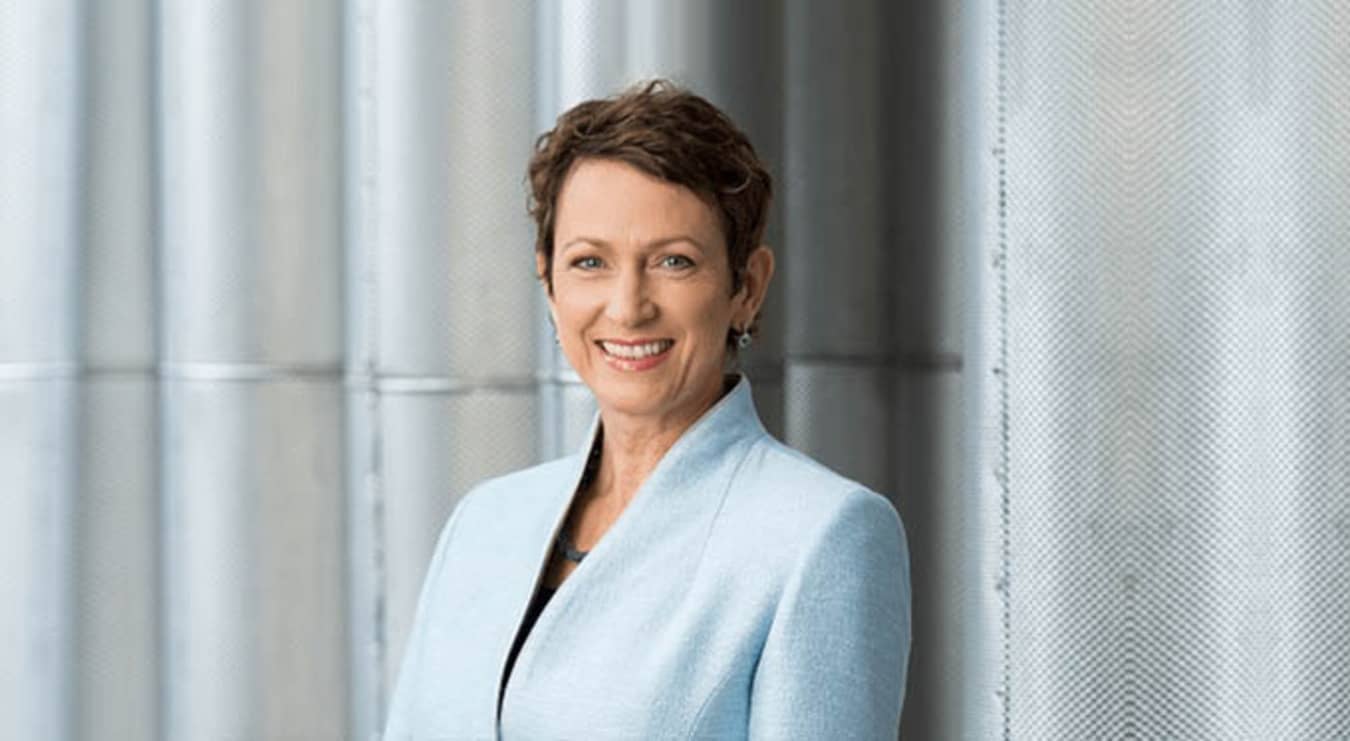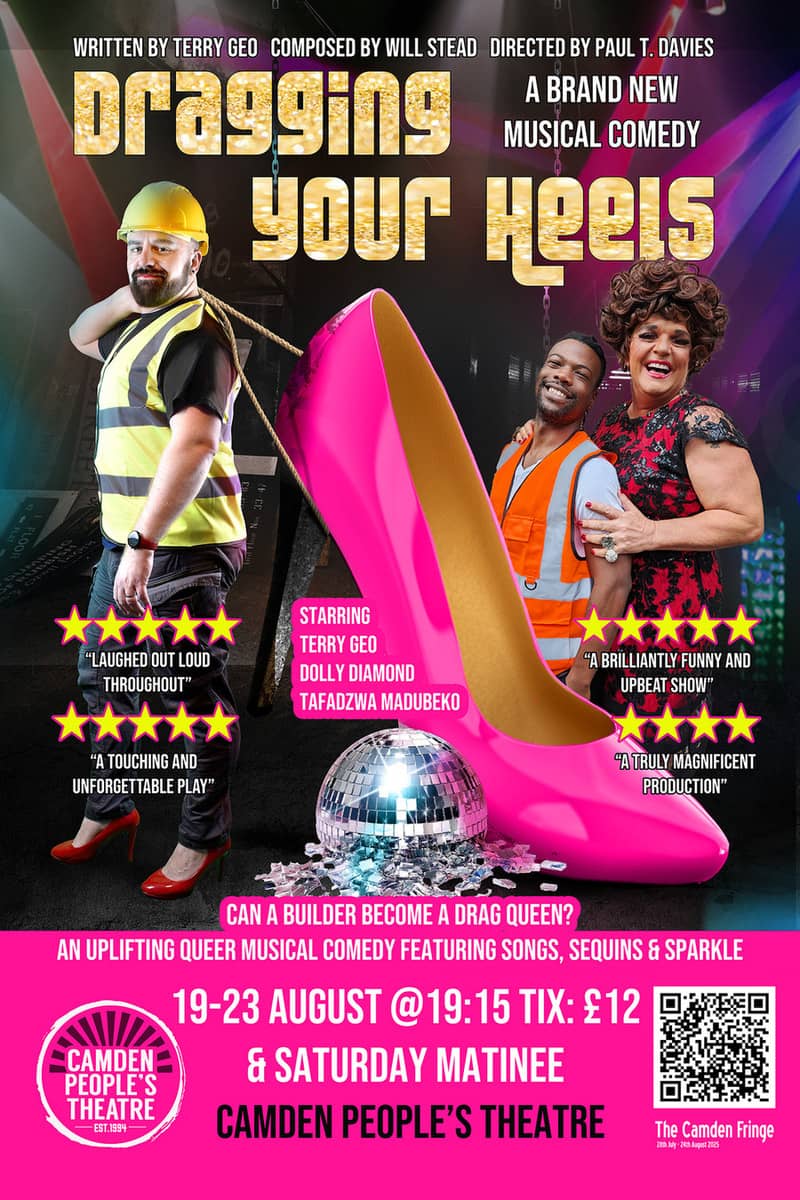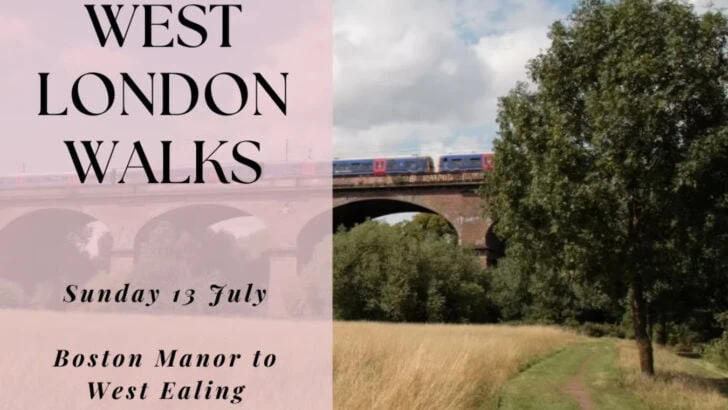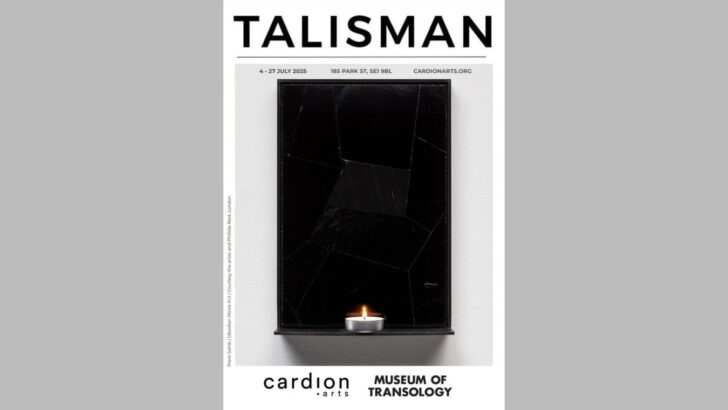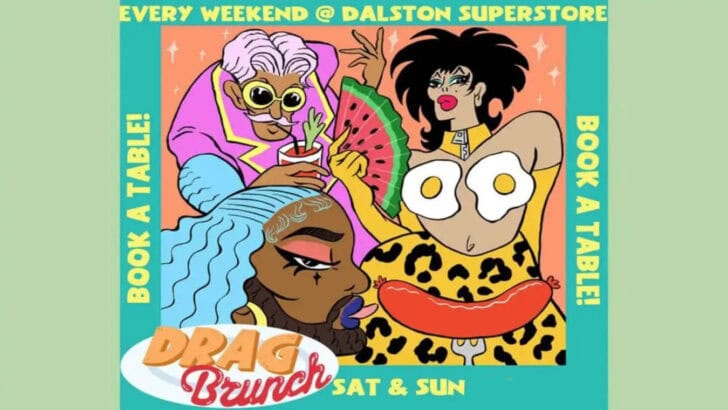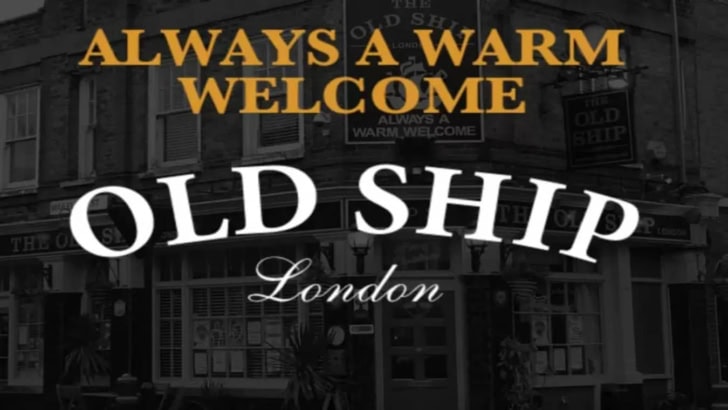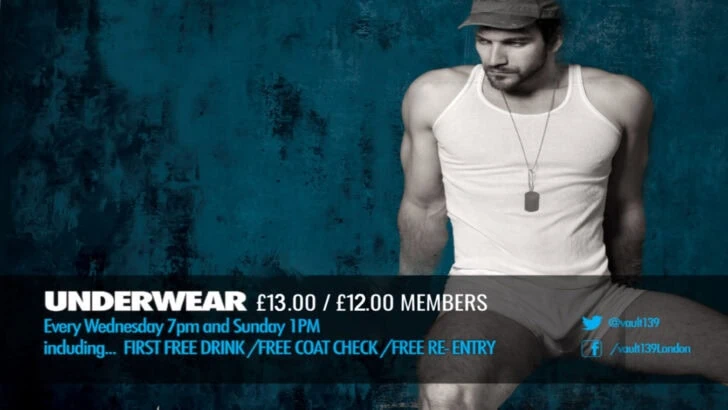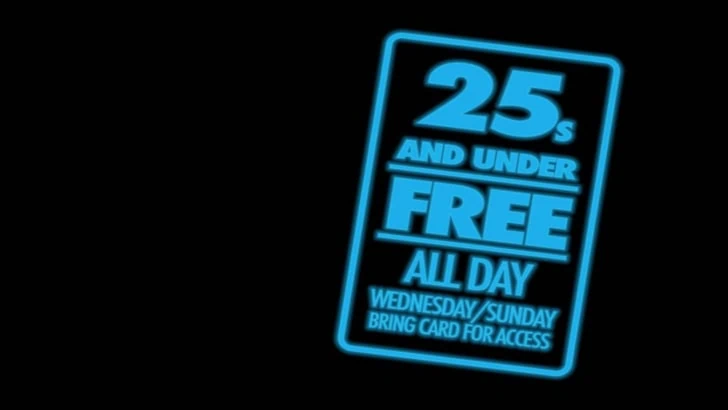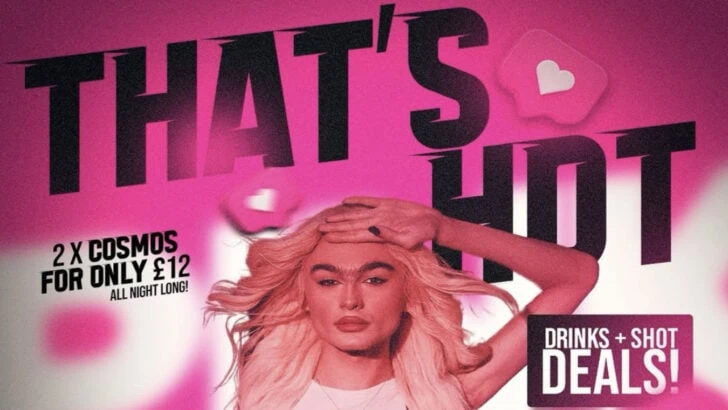Inga Beale is widely celebrated as one of the most inspirational women in tech, after becoming Lloyd’s of London’s first female CEO. In this exciting interview, as a member of the LGBTQ+ community, she recounts her experience of diversity and inclusion and reveals the importance of seeking mental health support.
What has been your experience of diversity and inclusion?
“I’ve worked for nearly 40 years in the insurance sector, and I started as the [Lloyd’s of London] CEO in 2014. I realised that even though the Lloyd’s market had been fantastically successful and had been around for over three centuries, if it wanted to be around for another three centuries, we needed to think a bit differently.
“We needed to make sure we were getting really creative in the market, that we were being truly innovative and on the leading edge of using technology, which, of course, is going to be the future of every business.
“Now, what I realised was that the market was made up of people who were like each other – that is not the best way to ensure creativity. The most creative and innovative teams are those where you have diversity of thought, diversity of people, diversity of background. I realised that in the insurance sector, particularly – perhaps more than other sectors – it hasn’t really embraced the importance of diversity and inclusion in the workplace yet. So, we did a lot of work around that.
“It was tough, but great progress has been made. We have opened people’s minds. They now expect people who are not like them sitting around the table, and they realise that they are now being, I don’t know, challenged. Perhaps they hadn’t been challenged in the same way before, but challenged in a healthy, positive way. It’s a tough gig, but really, a lot of progress was made.
“I’m convinced that the insurance sector globally is taking the topic seriously and is determined to make sure it’s going to be around serving customers in a truly innovative way, way into the future.”
Can you tell us more about the importance of diversity and inclusion?
“When I started working in insurance in the 80s, I didn’t really think about the importance of inclusive workplaces. I don’t think, quite honestly, we talked about diversity and inclusion back then, but now I do a lot of talking about diversity and inclusion!
“I’ve realised how important it is. If you want to be a creative, innovative, successful business, you embrace diverse talent, and you create an inclusive environment. It’s the only way to be successful in the long term. Not one part of the community can do this on their own; it can only be done together.”
Why is it important for people to speak openly about their mental health?
“So, one of the best things we did in the insurance sector a few years ago was find people who would speak openly about their mental health issues. I remember this one guy, he recorded a video, a short video, about his own personal experience, how he had felt suicidal at times, but how he’d come through with the help of others. He shared that video in a blog, and it was the most popular and well supported blog ever.
“It encouraged other people to start talking about the topic. Following that, we’ve had all sorts of sessions, discussions, learnings, teachings, to talk about the difficulties of mental health and how you can get through it. It’s only by sharing your own experiences that other people can get a glimpse into what it’s like for people who are different to you.”
What is the landscape like for women in leadership?
“I think there’s been a huge change for women in senior positions, particularly in the city. Some of this has been about signing up to things like the 30% Club, where a lot of boards have agreed to commit to having a third of their directors as females.
“We’ve also got the Hampton Alexander Review now in its fourth year. It’s been really putting pressure on people to increase diversity on their boards, and now, importantly, in their executive leadership teams. We’ve got about 20% female representation in executive committees of these FTSE 350 companies.
“Now, that’s great progress, but there’s still more to do. For those companies to reach a third of their executive leadership as females, that means in the next two years – basically by the end of the Hampton Alexander Review period – one in two of every job that comes up is going to have to be filled by a woman.
“At the moment, 65% of those jobs are being filled by men. So, we know that although great progress has been made in the last 10 years, there’s still some more work to do. I believe if we really mean it and we want to make it happen, we can make it happen.”
This interview with Dame Inga Beale was conducted by Chris Tompkins.
Celebrate Bi Pride UK on 2nd September 2023 at The People’s Palace, Mile End, London.
We believe that people who experience attraction beyond gender deserve to be able to celebrate their identities publicly, visibly and proudly in all spaces without fear of ridicule, erasure or harassment. – BI PRIDE UK 2023
FREE Bi Pride UK tickets are available here: https://biprideuk.org/
